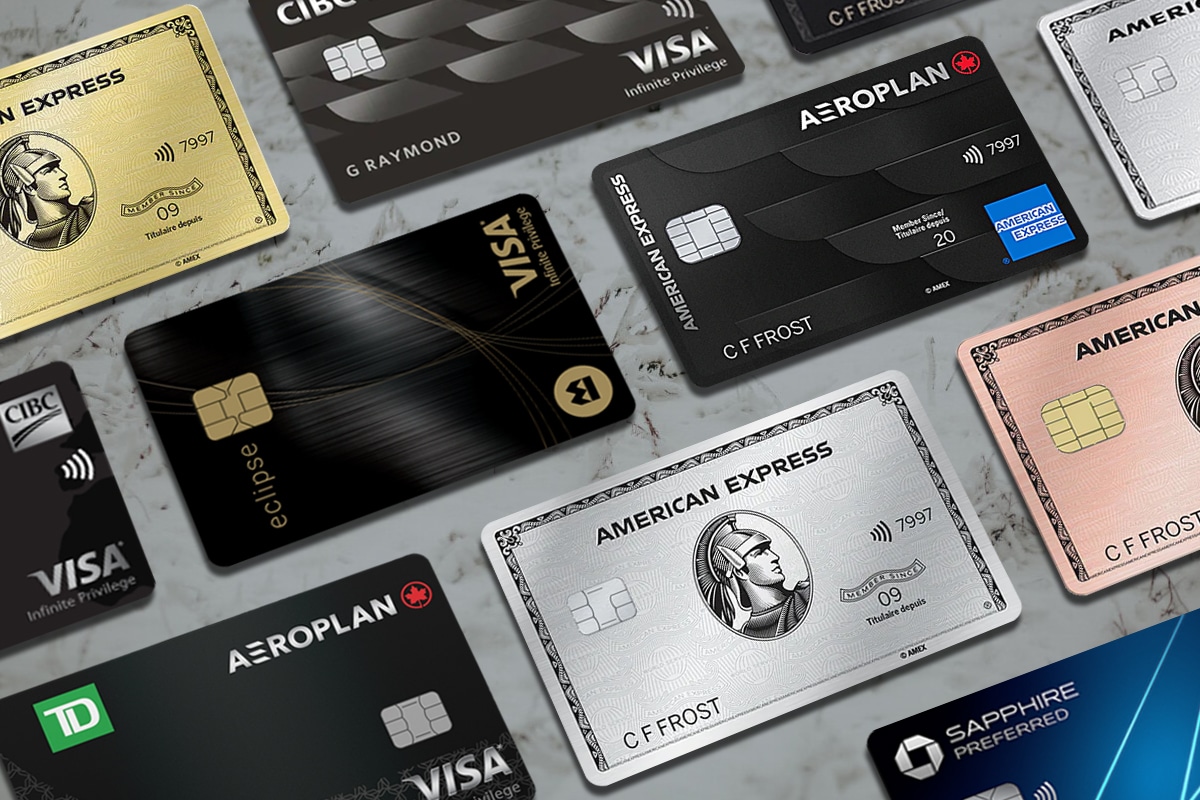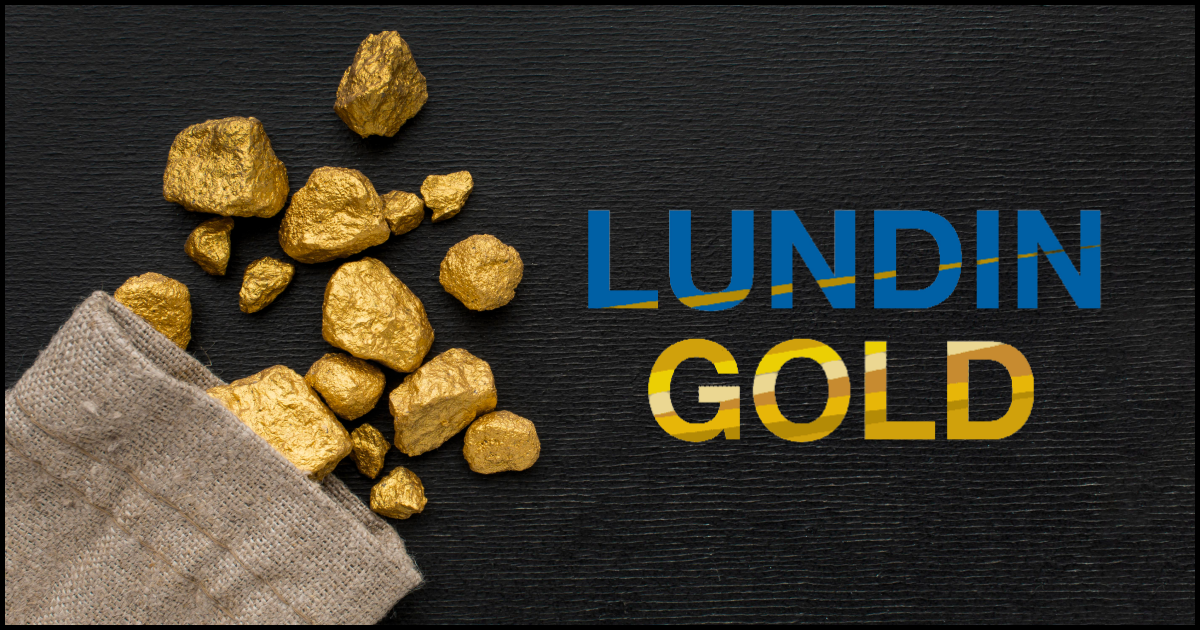US Credit Debt Rises Sharply
Consumer credit card debt in the US has been on the rise, reaching a record high of $986 billion in the fourth quarter of 2022, according to the New York Fed’s Household Debt and Credit Report. This represents a $61 billion increase from the previous quarter, the biggest seen in data going back to 1999. The rise in credit card debt is due to a combination of factors, including inflation and repeated rate hikes, which have pushed credit card interest rates to nearly 20%. Additionally, credit card borrowers are missing payments at rates that surpass pre-pandemic levels. Over 4% of credit card debt has transitioned to serious delinquency, which means failing to pay for 90 days or more.
This surge in credit card debt marks a significant shift from just a couple of years ago, when stimulus checks allowed housebound American consumers to save and pay down balances. In early 2021, credit card balances had dropped 17% from the pre-pandemic high, according to a report from Bankrate.com. However, the current economic climate has created a perfect storm, making it difficult for many to stay on top of their finances. With inflation driving up the costs of everything from food to gas, households are feeling the pinch, and for many, credit cards have become a necessary crutch to make ends meet. This has led to a ballooning of credit card balances, with the largest annual growth on record of $130 billion from December 2021 to December 2022. “Furthermore, the rise of e-commerce has made it easier than ever to make impulse purchases with credit cards, further exacerbating the debt problem. By creating an e-card with a limited spending limit, consumers can regain control of their spending and avoid overextending themselves.”
As the Federal Reserve continues to hike interest rates, credit card borrowing costs are expected to hit a 40-year high this year. This means that many Americans who carry credit card debt will face higher interest rates, making it more difficult to pay down balances.
Will Credit Card Debt Affect Stocks
The impact of consumer credit card debt on stocks can be complex and multifaceted. In the short term, credit card debt levels could potentially impact stocks of credit card companies and lenders. If rising levels of credit card debt lead to a significant increase in defaults and delinquencies, it could hurt the bottom lines of these companies, leading to lower stock prices.
However, it’s worth noting that credit card companies often have mechanisms in place to mitigate losses, such as higher interest rates and fees. This means that they may still be able to generate profits even in an environment of rising defaults.
In the broader stock market, the impact of credit card debt on stocks is less clear. While consumer spending is an important driver of economic growth, high levels of credit card debt can also weigh on consumer confidence and lead to lower spending in the future. This could potentially lead to lower earnings for companies that rely on consumer spending, such as retailers and restaurants.
Additionally, rising interest rates can impact stock prices by making borrowing more expensive for companies, which could potentially lead to lower earnings and stock prices. However, it’s worth noting that interest rates are just one of many factors that impact the stock market, and other factors such as economic growth, inflation, and geopolitical events can have a more significant impact.

STA Research (StockTargetAdvisor.com) is a independent Investment Research company that specializes in stock forecasting and analysis with integrated AI, based on our platform stocktargetadvisor.com, EST 2007.








































